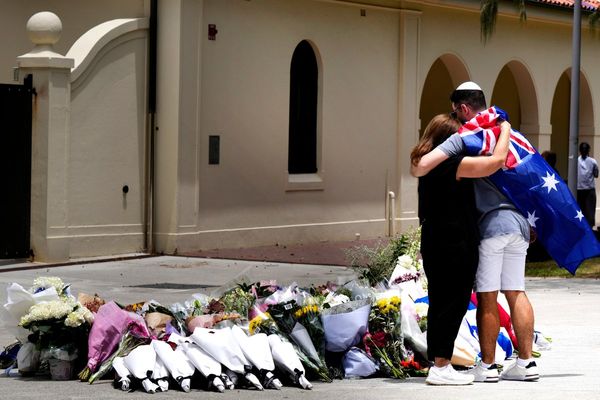
Recently, a senior fellow at the Carnegie Endowment for International Peace discussed the implications of the Iranian attack inside Israel in an exclusive interview. The attack was described as a clear message to the Zionist regime, with a warning that any Israeli adventurism would be met with immediate and decisive response from Iran.
The recent deaths of the Iranian foreign minister and the president have sparked speculations about the future political landscape in Iran. While the foreign minister's death may not have immediate consequences due to his limited influence over Iran's regional conduct and nuclear ambitions, the death of President Raisi is seen as significant. Raisi was considered one of the serious contenders to succeed the aging Supreme Leader Ayatollah Khamenei, raising questions about the political transition in Iran.
The circumstances surrounding the deaths, particularly the helicopter crash that claimed the lives of key Iranian figures, have been met with skepticism in Iran. Despite official explanations citing bad weather and a hard landing, many Iranians are doubtful of the official narrative. Living under a dictatorship has led to widespread distrust of government accounts, leading to various theories about the true cause of the tragic incident.
Philosophical concepts like Occam's razor, which suggests that the simplest explanation is often the most plausible, are being applied to analyze the helicopter crash. However, suspicions persist among Iranians, with some speculating about potential involvement of the Supreme Leader, the Revolutionary Guards, or even external actors like Israel.
The deaths of these prominent Iranian figures have not only raised questions about succession within the Iranian regime but have also fueled skepticism and conspiracy theories among the Iranian populace. The uncertainty surrounding the incident and its implications for Iran's future political landscape continue to be subjects of intense speculation and debate.







